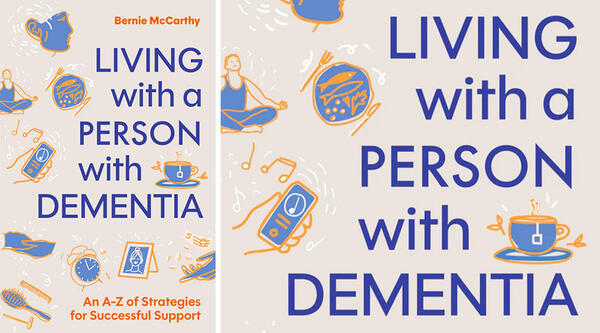Respite care in Northern Ireland
Find out what respite care is, the different types that are available, how to pay for it and how to get the most out of it.
- You are here: Respite care in Northern Ireland
- How is respite care paid for in Northern Ireland?
What is respite care?
Respite care is temporary care that helps you, as a carer, to look after your own health and wellbeing. It is often put in place to give carers like you a break from your usual caring routine.
Many people think of respite care as a substantial period, such as a stay in a care home for a number of nights. However, it can be any amount of time that gives you some kind of break.
Respite care can be provided inside or outside of the home. It can give you a break from a daily task, such as someone else helping the person to wash and dress. Or it can give you a break from your ongoing routine such as supported holidays or daycare. In some cases, respite may be unplanned. This could be due to poor health, a hospital stay or other responsibilities.
Respite care can help you to:
- Balance other commitments, such as work or education.
- Feel less overwhelmed in your caring role and prevent burnout.
- Maintain your relationship with the person you care for maintain your other relationships and keep a healthy social life.
Respite care can give the person with dementia opportunities to:
- Try new activities, which can help cognitive stimulation socialise with others.
- Have a change of environment – if they go outside the home.
- Feel less guilty about relying on their main carer.
You might also hear the term ‘replacement care’. This is where someone else helps with a certain task, for example staff from a care agency helping with meals. This can enable you to go to any appointments of your own. It can also help you with physical tasks you can’t manage or don’t feel comfortable doing.
Caring for a person with dementia isn’t easy. You may be feeling stressed and tired. Please remember that this is completely normal and you are not alone. It’s important that you look after yourself too.








